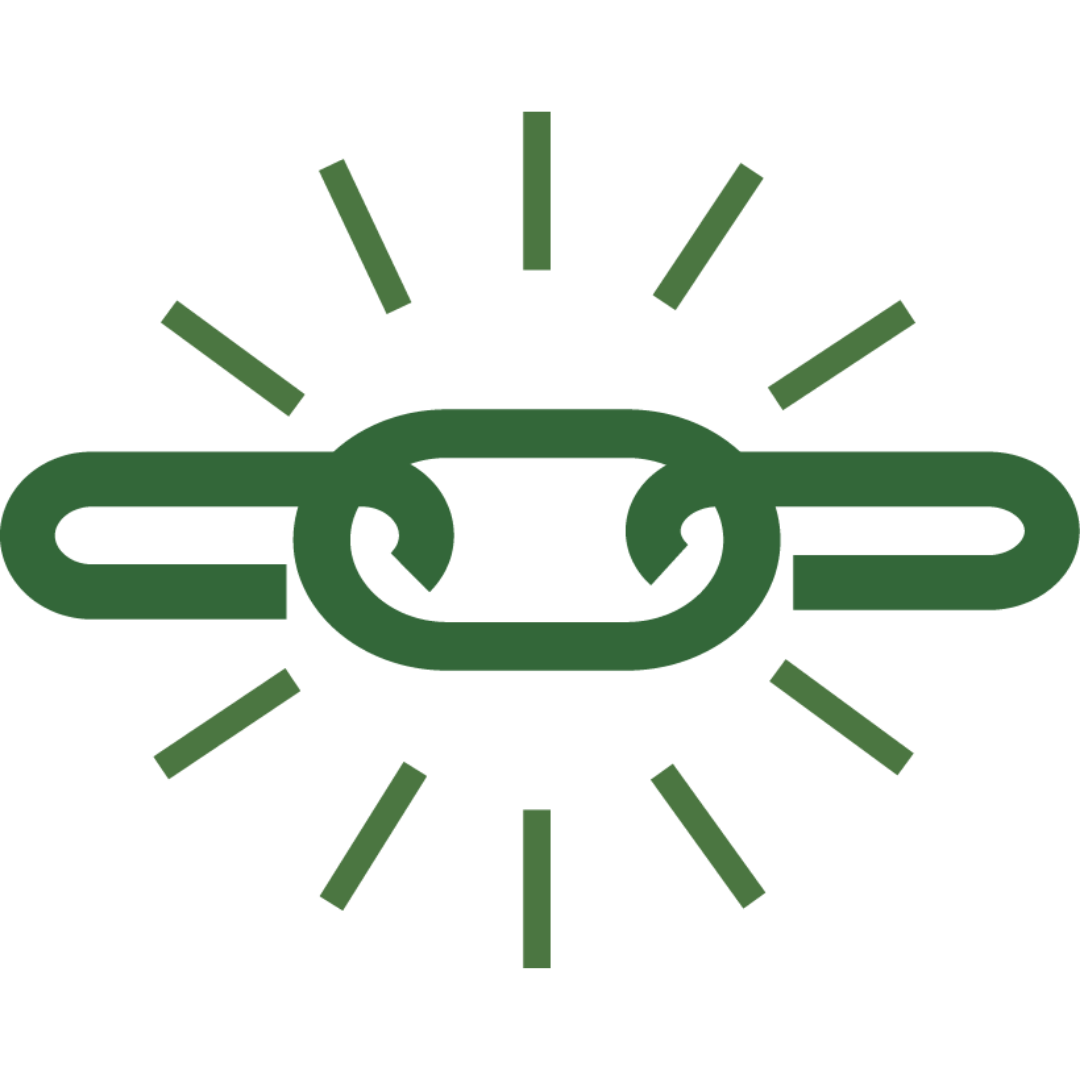If you’re concerned about your health and the health of the things you put in your body – for weight control, energy, mood, and much more – you’ll want to keep reading…
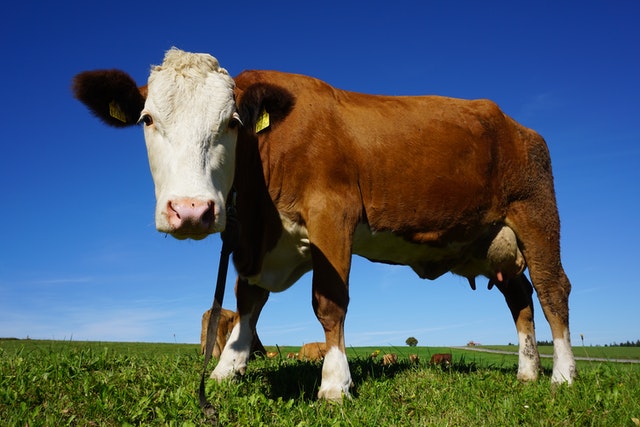
You want healthy foods that you can trust are truly healthy (organic, pesticide / GMO free, etc) because you know that eating the “wrong” foods over time can make you fat, sick and tired by upsetting your stomach and increasing chronic inflammation in your body. Not good!
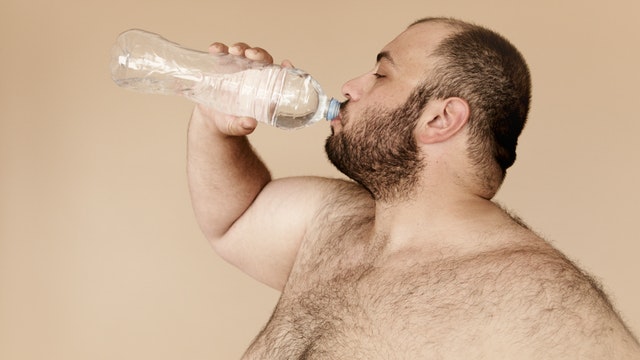
Furthermore, you may know that many foods are overly processed, refined and, often at the same time, they’re hyper-palatable (with the perfect mix of sweet, salt and fat) so that they are irresistible to eat!
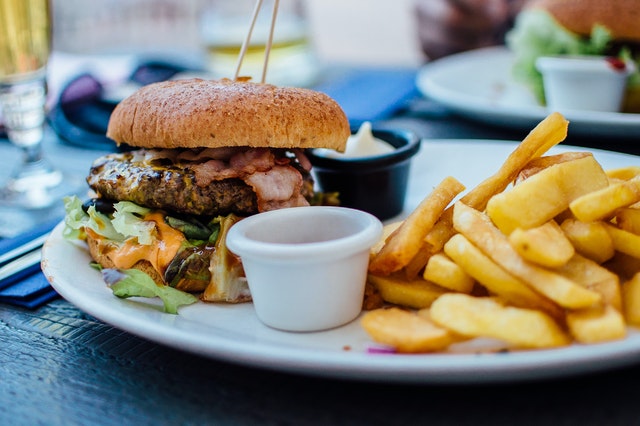
Is your food truly healthy?
What most people don’t know is that even foods considered to be healthy can be causing you health issues because they have toxins and anti-nutrients that come from chemicals, heavy metals, and built-in self-defense mechanisms (especially in so-called healthy vegetables!).
Finally, modern foods often lack the nutrition our bodies need to function optimally because they come from nutrient-depleted soil and/or are fed with chemical fertilizers.
Not good, right? But let’s look at the bright side…
What happens when you eat “clean” foods?
Clean foods can help support fat loss, detox, energy, clarity, strength, life/health span, community and our natural environment.

Why do I eat clean foods?
My journey to health and eating clean wasn’t so straight-forward. Like many others, it started with some scary health problems.
That is, when I started having chest pains and a racing heart rate, I knew something was wrong. I’ve always been fit and active so I knew it was likely due to the foods I was eating.
Without knowing what to do or where to go, I jumped into a plant-based / vegan / vegetarian diet (after watching the documentary “Forks Over Knives”) for about 2 years.
And it helped. My heart attack symptoms eventually cleared up.
But I was still mostly clueless about nutrition and I knew that my plant-based diet was not necessarily healthy. Without meat, I was increasing estrogen, while losing muscle mass, libido, and testosterone.

That’s when I went Bulletproof.
That is, I discovered Dave Asprey and the Bulletproof Diet and learned about so many of the nuances with food, lifestyle and health.
Fast forward 7 years where I continued researching, experimenting, coaching and teaching others… I now have a really clear picture of what it means to eat clean.
So then…
What is eating “clean”?
I’ll be the first to admit that “clean” is a buzz word with no definitive meaning. Too often it’s used in marketing without any explanation. It can certainly help to sell products and services.
However, I think I can shed some light on my own perspective of clean eating – so that you can better understand what it means.
Clean foods are good for you gut – so that you don’t experience stomach upset or digestive problems.
Clean foods give you sustained energy.
Clean foods are whole and natural.
Clean foods are nutritious and healthy.
That’s all quite vague, right?
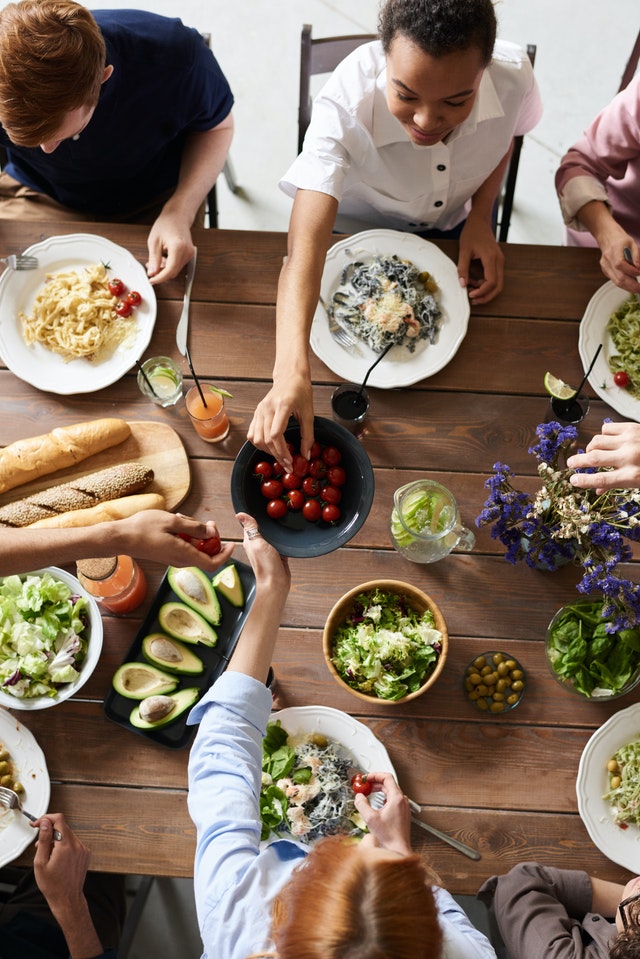
Here’s the main point of eating clean:
When eating clean, you’re eating foods that minimize toxins and anti-nutrients that, as you already learned, can cause inflammation leading to auto-immune issues and a host of chronic illness (like heart disease, diabetes, Alzheimer’s and cancer) – especially when consumed excessively (as almost everyone now does!).
There’s more to life than eating clean...
Before getting into the dirty (and clean!) details of food, diet and nutrition, keep in mind that your health is not just the food you eat. It’s much more including
- Activity and movement
- Mood, emotions and feelings
- Air, light and water
So, if you can get all of these things in order, you’re already way ahead of the game.

Clean Food Categories
You can break down food into a few categories. To simplify, you can think of food as
- Beverages
- Meats
- Vegetables
- Fruits
- Oils and fats
You’ll get these generally in order of priority starting with the cleanest and most nutrient-dense.
Clean Beverages
Water can be considered the cleanest of beverages because we generally think there’s nothing to it, right?
Not quite…

For clean water, you’ll want to opt for mineral water and filtered water. Distilled and reverse osmosis are the cleanest water options because they have nothing in them. They’re “dead” water. This is good if you want to avoid any possible toxins.
However, if you want some nutrients (in the form of mineral electrolytes) you can remineralize your water with high quality salt.
As for other beverages, there are unlimited options. To keep it simple, you’ll get just two other beverages:
Clean Coffee and Clean Tea
Generally organic, single-origin, mold-free, and shade grown coffees and teas are clean.
Clean Containers
Generally all food and beverage containers should be in a material that doesn’t leech out toxins. Glass is a good clean container option.
Clean Meat
Meat is generally your best option for both an abundance of nutrients and clean food. Animals do a a good job of filtering out potential toxins and anti-nutrients that you find in plants (and especially vegetables).
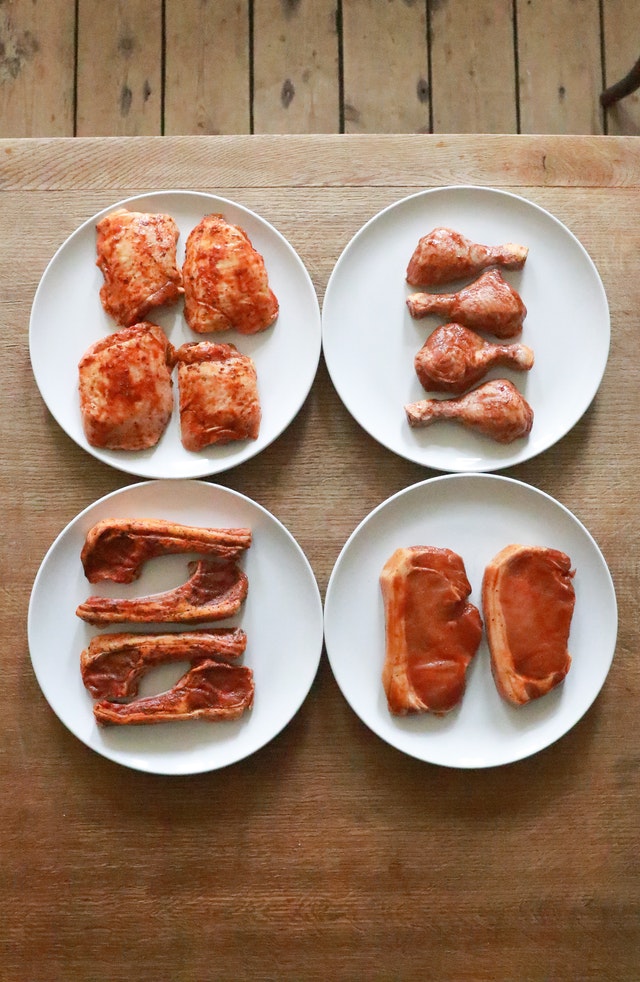
The best animals for both nutrition and clean meat are ruminants – like cows, buffalo and lamb. They take plants that humans are unable to digest and turn them into dense nutrition.
For the cleanest possible meat, ensure that it is grass-fed and pastured. And, much like other foods, lightly cook your meats for optimal digestion and nutrition.
What about clean fish and seafood?
To get the cleanest fish, opt for small wild-caught and cleanly farmed fish – like:
- Sardines
- Mackerel
- Trout
- Salmon
- Oysters
- Mussels
In all honesty, eating fish is one of the more challenging foods to get right when it comes to clean eating. Why? Because it’s hard to determine the source. Generally if it’s a small fish that’s wild-caught, you’re good to go.
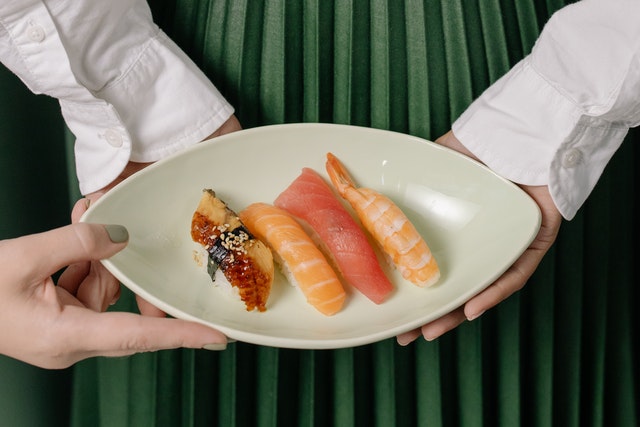
Where it’s less clear is with farmed fish. We can guess that almost all farmed fish are farmed in dirty conditions and eat dirty food (things that they’re not supposed to eat – like GMO corn, wheat and soy).
Clean Vegetables
You can go down quite the rabbit hole when you dive into the health aspects of vegetables. Here you’ll get a bit of a simplified version to make your life easier.
We can categorize vegetables in many ways. We’ll look at:
- Clean Cruciferous Veggies
- Clean Gourd (root) Veggies
Clean Cruciferous Veggies
Rather than explain, you’ll get examples of the cleanest cruciferous vegetables:
- Cabbage
- Asparagus
- Cauliflower
- Broccoli
- Water Cress
- Bok Choy
- Brussel Sprouts
Generally and ideally you’ll want to lightly steam cruciferous veggies so that you get rid of the anti-nutrients (lectins, phytates, oxalates, etc) and preserve the nutrition from the vitamins and minerals.
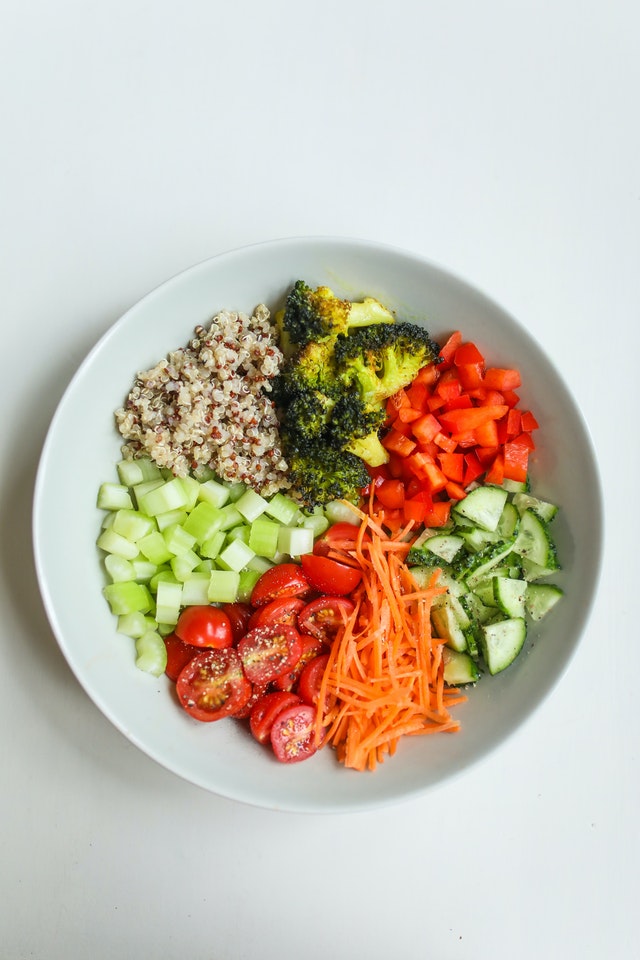
Clean Vegetables… or not?
Clean Gourd (Root) Vegetables
- Pumpkin
- Cucumber
- Squash
- Carrot
- Taro
- White Rice
- Sweet Potato
The root vegetables, along with the fruits listed below are great sources of energy and can be especially useful for people what want to gain weight and build muscle.
Clean Fruits
- Lemon
- Lime
- Avocado
- Coconut
- Organic Berries
- Pineapple
- Papaya
- Mango
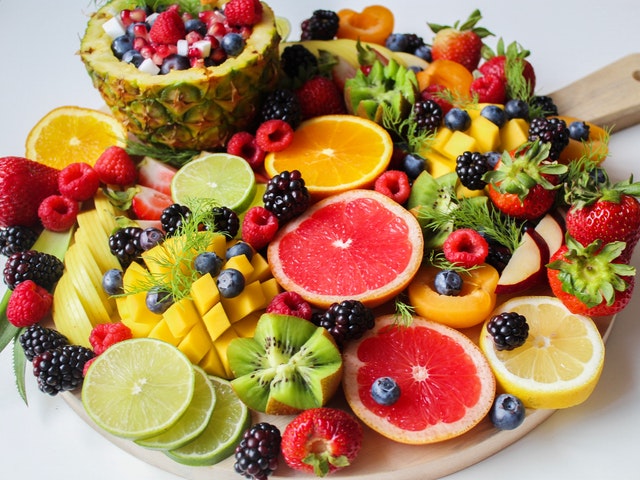
Just watch out for over-eating of sweet fruits. If you have a problem with sweets and carbs, stick to fruits that aren’t sweet.
Clean Eggs
Many people are sensitive to the proteins in egg whites so you’ll want to be careful with eggs – or simply focus on the yolks (which I think is the most delicious part anyway!).
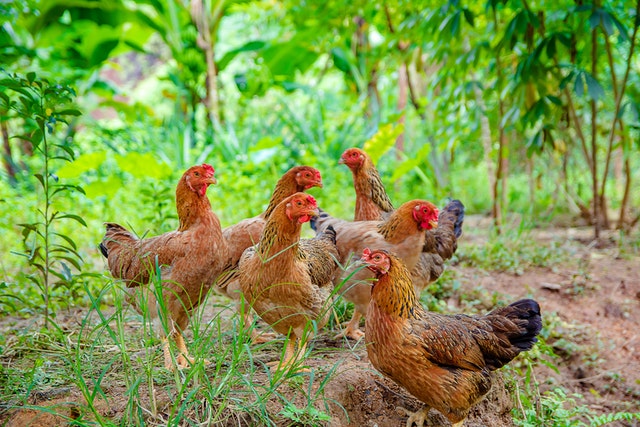
Ideally you’ll get your eggs from a source you trust that raises pastured hens.
Clean Oils and Fats
- Extra Virgen Coconut Oil
- Grass-fed Ghee
- Grass-fed Beef Tallow
- Grass-fed Butter
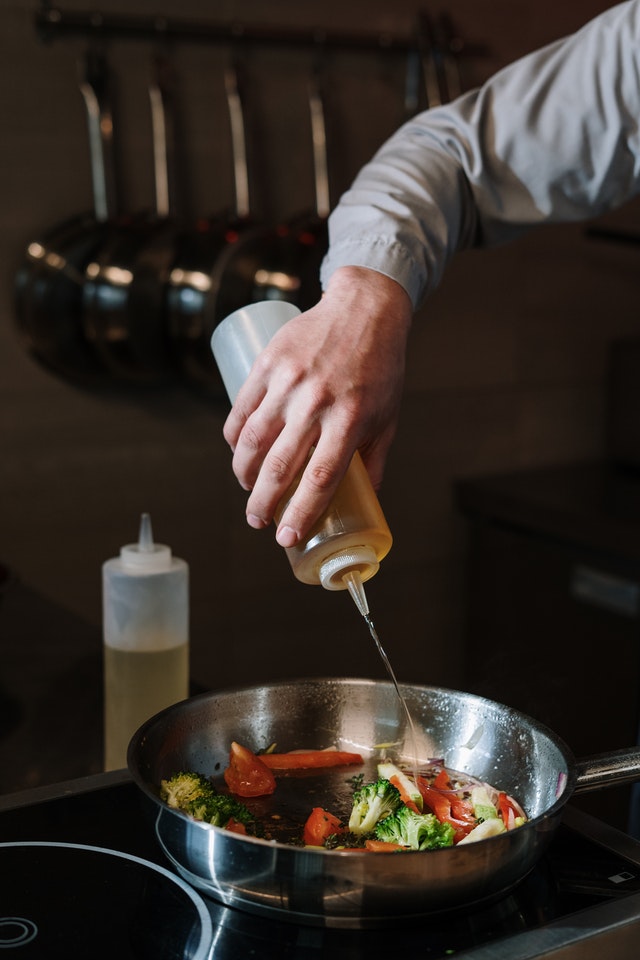
Where can you find clean foods?
You want to know which markets, stores and restaurants actually sell these clean foods!
I’ve divided these by country – based on places I’ve been myself and researched:
- Eat Clean in the USA (coming soon!)
- Eat Clean in Mexico
- Eat Clean in Thailand
What about all the other foods not listed above?
To simplify, you got a list of some of the cleanest foods around.
If you’re wondering about the many other foods not mentioned above, there’s a good possibility they are simply not clean. Here’s a list of some of the most problematic / dirtiest foods:
- Margarine, Trans-fat, Seed and Vegetable Oils
- Overly Processed and Packaged Foods
- Gluten, Wheat, Grains, Corn and Oats
And “suspect” foods:
- Beans / Legumes
- Nightshade Vegetables
What are your foods?
Keep in mind that every body is different and food affects people in different ways. What may be problematic for one person could be less-so for another.
So, with that, it’s your turn to answer the question:
What are your “clean” and “dirty” foods?
